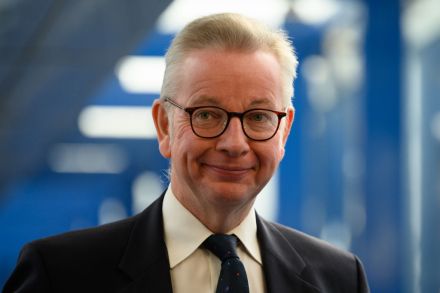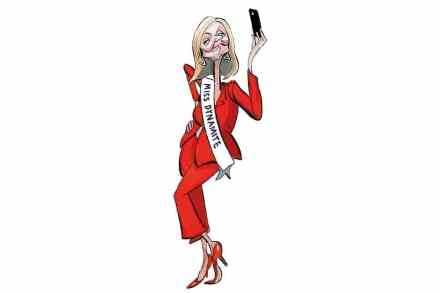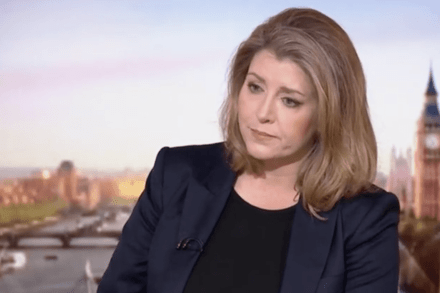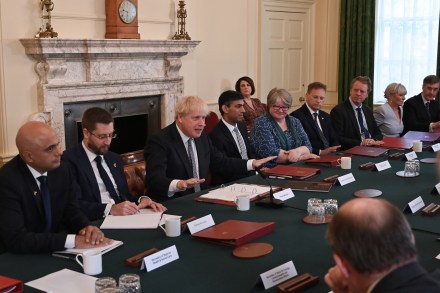Things can always get worse
As I was saying, way back in July, it is hard to love the Conservative party. Every time it tries to navigate another bend in the road it ends up causing a disaster even its most ardent critics could not have foreseen. ‘Things can’t get any worse,’ said rebels in the party while Boris Johnson was still PM, before the summer. Then we were introduced to Liz Truss. Now, within weeks of her taking office, you can hear members of the parliamentary party saying with vigour: ‘She has to go.’ At which point I feel the country wanting to place our collective heads in our hands, yell and walk away.




















